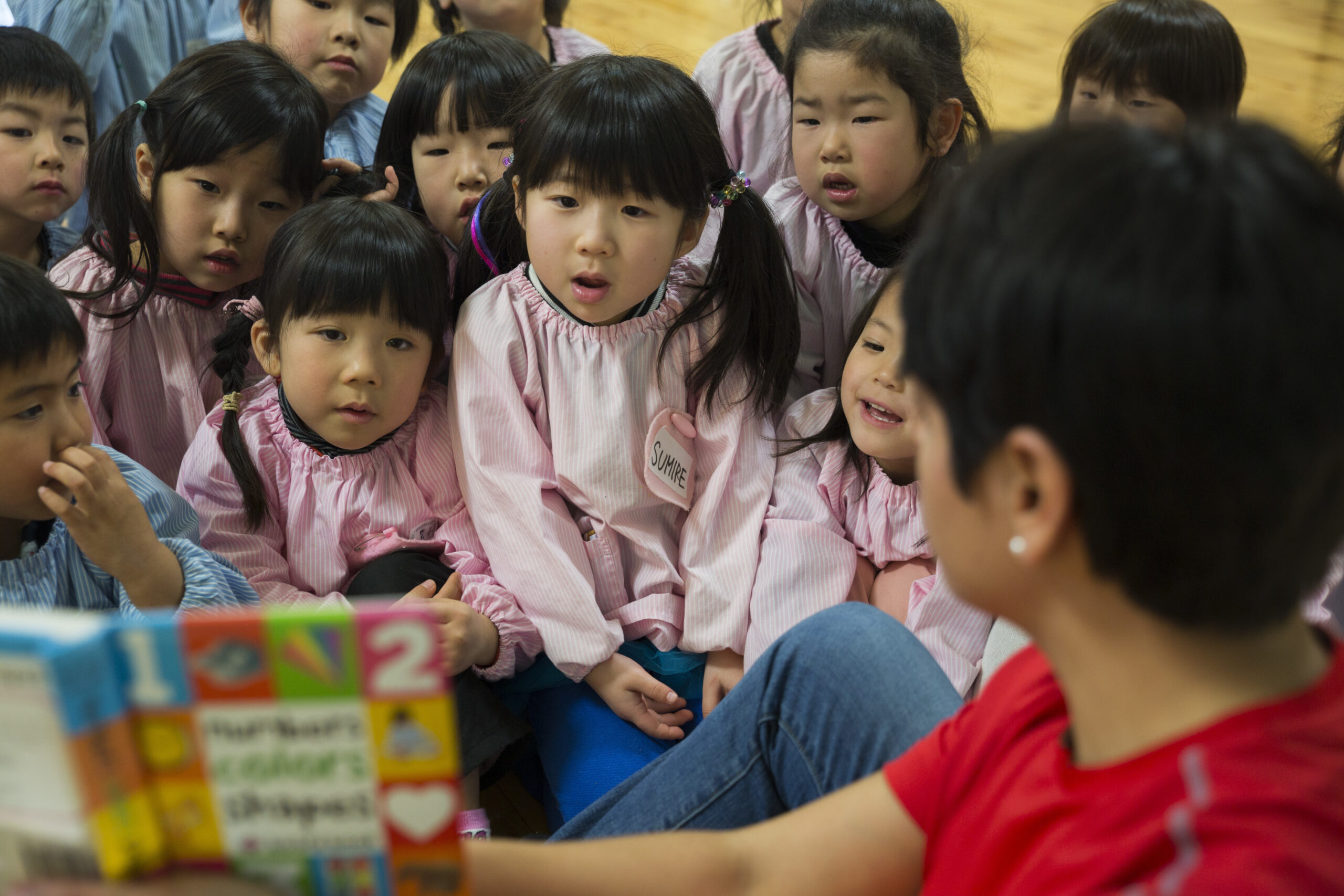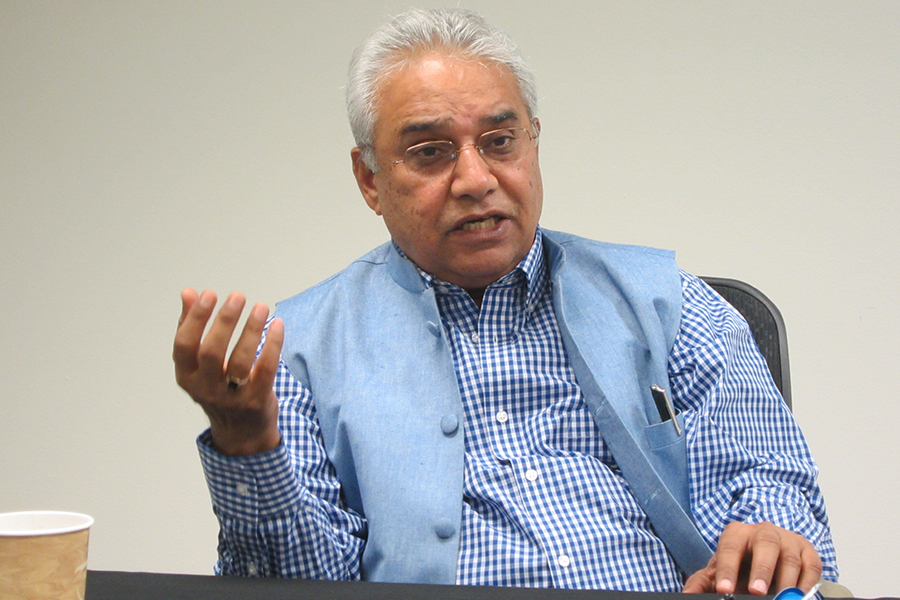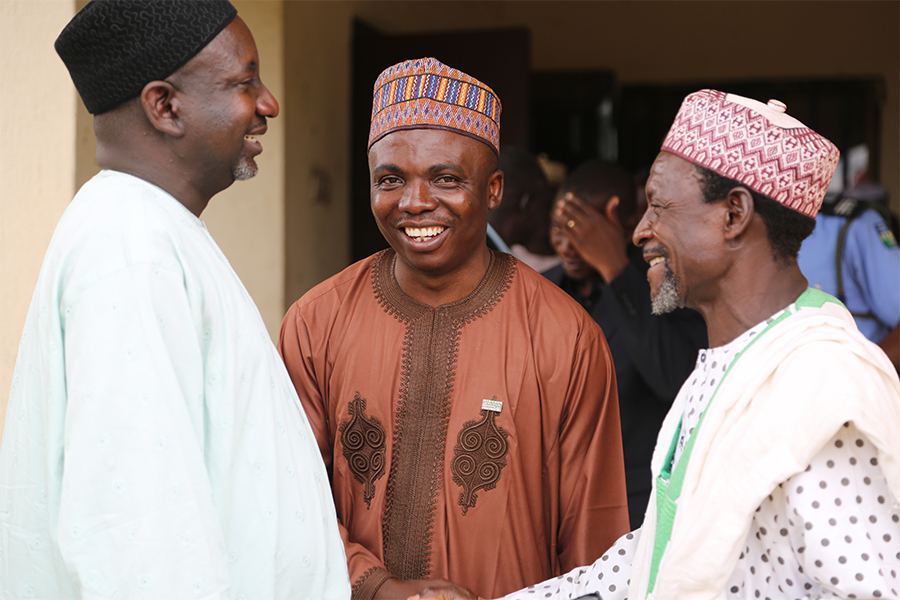
A parent shamelessly calls in sick to an employer on behalf of their – ostensibly – adult child, another accompanies their child to graduate school interviews. These and other stories illustrate the concepts of “helicopter” or “hothouse parenting”. Although they are anecdotal, they reflect a shift in attitudes and behaviors towards the act of raising children over the last two decades.
The former editor-in-chief and editor-at-large of Psychology Today, Hara Estroff Marano, writes:
Having had—or been allowed to have—few disappointments in their overparented, overtrophied lives, many have not learned to handle difficulty. In the absence of skills to dispel disappointment, difficulty becomes catastrophe.
In The Coddling of the American Mind, Jonathan Haidt and Luke Kianoff surmise that the root of this phenomenon of “hothouse children” is a result of “a consistent message from adults: life is dangerous, but adults will do everything in their power to protect you from harm, not just from strangers but from one another as well.”
These hothouse children are “overparented” and these phenomena may have at one point been motivated by his or her parents’ care and concern. Yet while the danger of this kind of parenting may not be immediately obvious, we see the impact of the idea in children that are fragile, weak and unable to make his or her own choices. Most alarming is the idea that children are buy into this and expect coddling as a right to which he or she is entitled.
Though the desire to protect and help one’s child to succeed is natural, taking away opportunities for children to grow and to gain a sense of independence and develop skills to deal with the difficulties that will inevitably follow, it is to the detriment of individual children as well as society as a whole.
***
In stark contrast to this sort of view, a principal of a small kindergarten in the western edge of Tokyo explained, “Every child is strong; strength comes from within. So we have to step back and question if what we’re doing is for the good of the child or the convenience of the parent.”
The principal encourages parents to set clear limits and then to step back to let children learn and grow. The “education for the future” program in his school is designed with the idea that education needs to consider the long-term needs of the children. Within clearly defined boundaries, children are encouraged to play and to find answers for themselves.
“I want to consider what kind of adult the child will become… that the education each child receives here will help them to know that they are strong and help them to become responsible citizens.”
***
Parenting and education need to be for the sake of the child as well as for the good of society. Families can directly contribute to the health of a nation by raising strong, virtuous, and interdependent adults capable of making good choices and motivated to serve the greater good.
Schools can support this kind of education but as the primary locus of learning and self-understanding, the family must take a greater role in leading us back to education that prepares children for the future.


